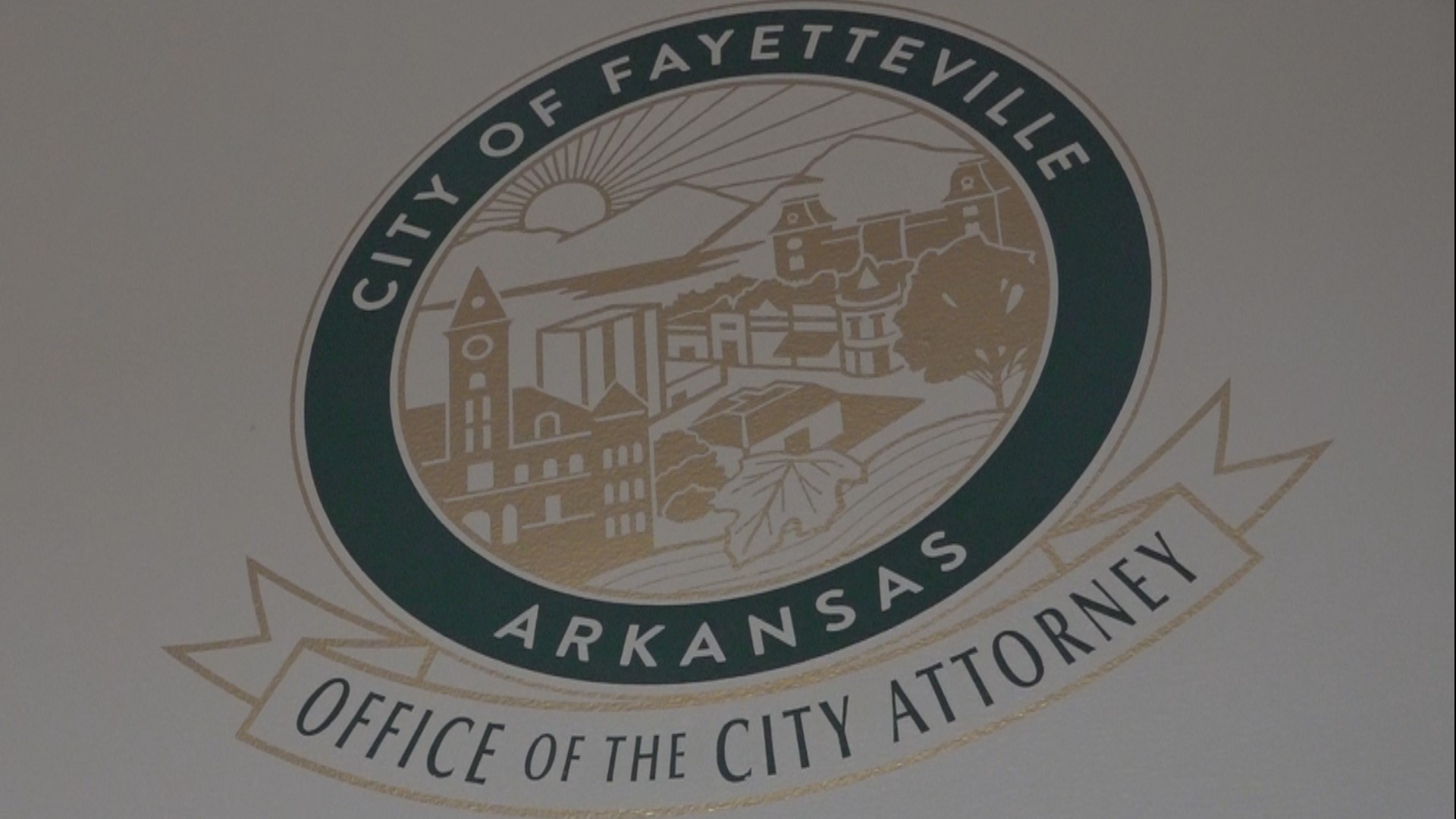FAYETTEVILLE, Ark. — Local and state leaders discussed panhandling laws with an increase in Northwest Arkansas.
Fayetteville city attorney Kit William explained that cities can't do much about panhandlers, especially after a Supreme Court decision in 2015, Reed v. Town of Gilbert, put panhandling as protected speech under the first amendment.
"Economic speech, which is what they termed panhandling, was then protected basically as much as even religious and political speech," said Williams. "Basically for a government that meant you can't regulate."
The city attorney explained that Fayetteville removed most regulations on panhandling in 2016 after the supreme court decision. Not long after, other cities were sued for regulations they kept in place for panhandling.
Williams explained that Fayetteville did implement some regulations For being in traffic. He said the intent was for the safety of panhandlers and others crossing roads.
"If they would get into the street briefly, to collect money or something that's very hard for us to enforce because a police officer would actually have to see that occur," said Williams. "If a police car is in an area, they're [panhandler] probably not going to get out into the street"
The Fayetteville city attorney recognized that some panhandling across the area imitated scams from other states. In Florida, the Martin county sheriff's office has warned residents of scammers out panhandling. Williams explained that even if a panhandler's story was untruthful, it would take extra manpower from the police which would divert them from more serious crimes.
"You've got to prove things beyond a reasonable doubt. Which means a policeman would have to witness all of those fraudulent transactions and add them together before it ever comes close to being a felony or anything serious," said Williams. "And even a small amount. It would be very difficult really to prove that they have to would have to hear it. They'd have to listen to it themselves, to see it in action before they can really try to do something."
Instead, the Fayetteville city attorney suggested residents think through their potential donations.
"I'm not going to risk my money by giving it to someone that I don't know what they're going to use the money for," said Williams
Executive Director Holly Dickson of the ACLU of Arkansas said in a statement the following regarding the Panhandling situation in Northwest Arkansas:
"Although the state and a number of cities have attempted to ban panhandling, seeking assistance in public spaces and when going door to door is a First Amendment right. People can report factual information about potential criminal activity to police - and there are laws that apply to charitable solicitation - but the government cannot criminalize people for asking for assistance. The real solution to this problem is addressing the underlying causes that lead people to need to ask for assistance in the first place."
Download the 5NEWS app on your smartphone:
Stream 5NEWS 24/7 on the 5+ app: How to watch the 5+ app on your streaming device
To report a typo or grammatical error, please email KFSMDigitalTeam@tegna.com.

